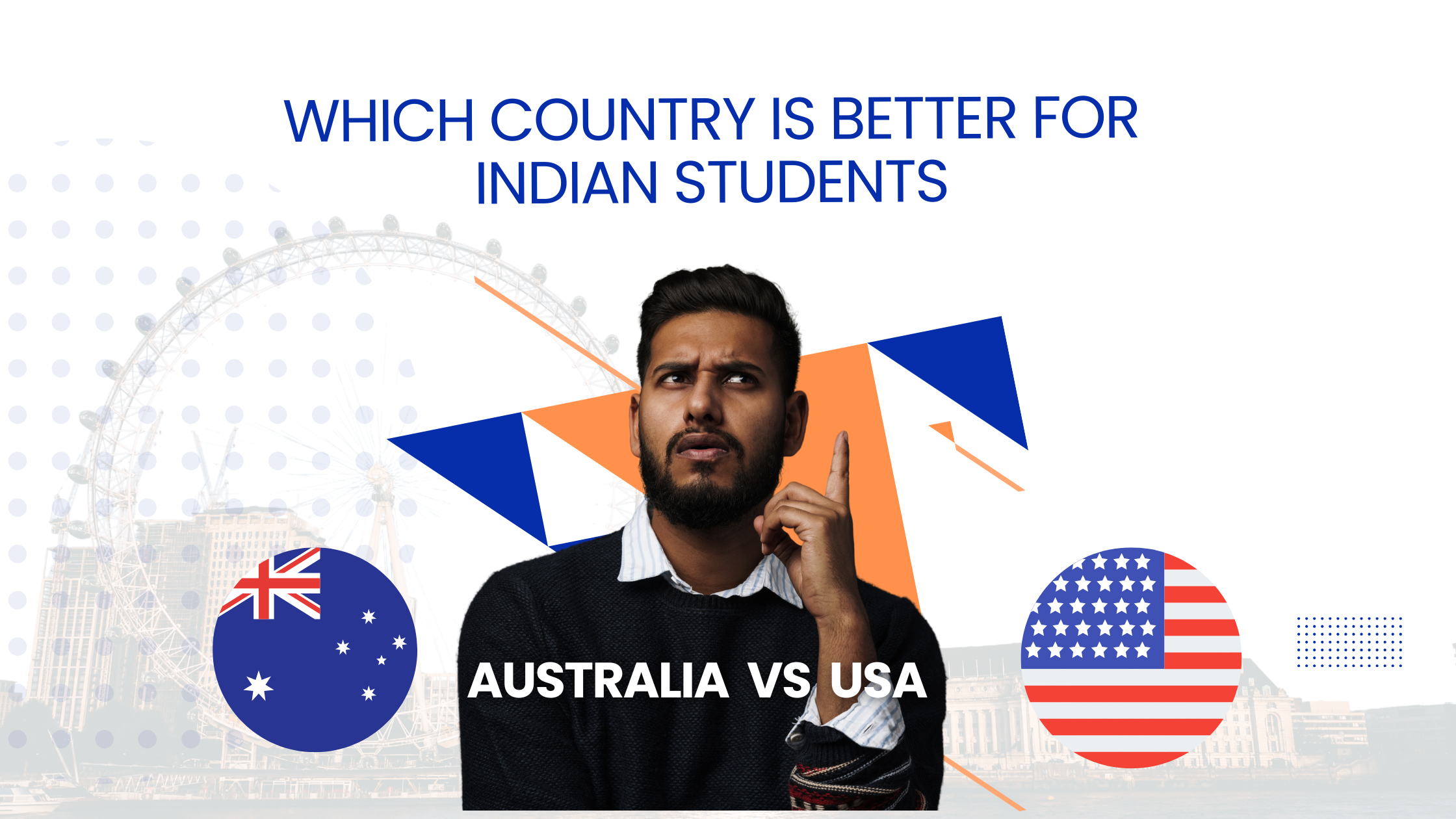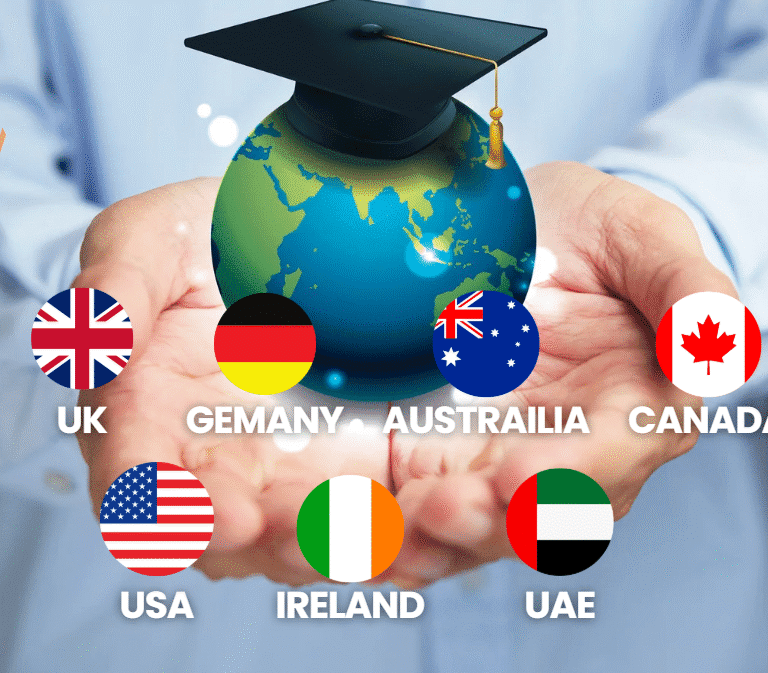Australia vs USA: Which Country Is Better for Indian Students Who Want to Build Startups?
In today’s global economy, more Indian students are choosing to study abroad not just for academic degrees, but also to launch successful startup ventures. Among the top destinations, the United States and Australia stand out for their strong startup ecosystems, diverse business opportunities, and welcoming environments for international students. But which country is better for Indian students with entrepreneurial ambitions?
In this article, we compare Australia vs USA for Indian students who aim to build startups, looking at key factors like startup culture, visa options, funding opportunities, and post-study pathways.
1. Startup Culture: US vs Australia
United States:
The USA is globally recognized as the birthplace of the startup revolution, with Silicon Valley leading as the world’s top innovation hub. American universities like Stanford, MIT, and UC Berkeley have deep ties with venture capital firms and incubators. Student entrepreneurs often get early access to angel investors, accelerators, and tech communities that thrive on bold innovation.
Australia:
Australia has rapidly risen as a startup-friendly destination, especially in cities like Sydney, Melbourne, and Brisbane. While not as mature as the US ecosystem, the Australian startup scene is known for its government-backed support, easy incorporation process, and access to Southeast Asian markets. Universities like the University of Sydney and RMIT offer strong entrepreneurship programs and startup accelerators.
Verdict: If you want global scale and high-stakes funding, the USA wins. If you prefer a more supportive and regulated environment to test ideas, Australia is a strong contender.
2. University Support for Entrepreneurs
USA:
Top US universities provide world-class entrepreneurship education and mentorship. Students often get hands-on experience via hackathons, business plan competitions, and startup labs. There’s also a strong culture of alumni investment and networking.
Australia:
Australian universities are increasingly integrating entrepreneurship and innovation programs, with dedicated spaces like the UQ Ventures and UNSW Founders. While newer, these programs offer extensive support for international students through mentorship and seed funding.
Verdict: The USA has the edge in terms of institutional backing and access to alumni networks.
3. Visa and Work Options for Student Entrepreneurs
USA:
The F-1 student visa does not directly allow business operations, but the Optional Practical Training (OPT) program offers a 12–36 month window for graduates (especially in STEM fields) to work and build businesses. The International Entrepreneur Rule (IER) allows startup founders to stay temporarily, but it has strict requirements and uncertain renewal policies.
Australia:
Australia offers more straightforward options for student entrepreneurs. The Post-Study Work Visa (subclass 485) gives 2–4 years to live and work after graduation. Additionally, Business Innovation and Investment visas allow entrepreneurs to launch and grow startups with fewer regulatory hurdles.
Verdict: Australia is more accommodating for student entrepreneurs in terms of post-study work rights and business visas.
4. Access to Funding and Investors
USA:
The US is home to the largest pool of venture capital in the world. Cities like San Francisco, New York, and Boston offer Indian students proximity to thousands of investors, incubators, and angel networks. However, competition is fierce.
Australia:
Australia’s VC landscape is smaller but growing steadily. There are many early-stage funding schemes, government grants, and startup hubs tailored for new businesses. The community is more open to first-time entrepreneurs and risk-averse ideas.
Verdict: The US offers more funding, but Australia offers better access for new founders with limited connections.
5. Quality of Life and Cost of Living
USA:
Living in the US, especially in major startup hubs, can be expensive. Health insurance, rent, and tuition can add up quickly. However, the quality of education and lifestyle in cities like Boston, Austin, or Seattle is very high.
Australia:
Australia offers a high quality of life, excellent healthcare, and a safer, multicultural environment. The cost of living is still high in cities like Sydney and Melbourne, but students benefit from subsidized public services and fewer visa hassles.
Verdict: Australia wins for safety, healthcare, and overall student experience.
Final Verdict: Australia vs USA for Indian Students Who Want to Build Startups
Both countries offer exceptional opportunities for Indian students pursuing entrepreneurship. However, your choice depends on your long-term goals, risk appetite, and the type of startup you wish to build.
- Choose the USA if you want global funding, high-stakes growth, and access to elite startup networks.
- Choose Australia if you prefer a balanced lifestyle, easy visa pathways, and strong government support for startups.
Edge Concept International offers expert guidance to Indian students exploring global education and startup opportunities. Whether you’re planning to study in the US or Australia, we help you choose the right course, secure your visa, and take your first step toward becoming a global entrepreneur.
Start your journey today with Edge Concept International.







